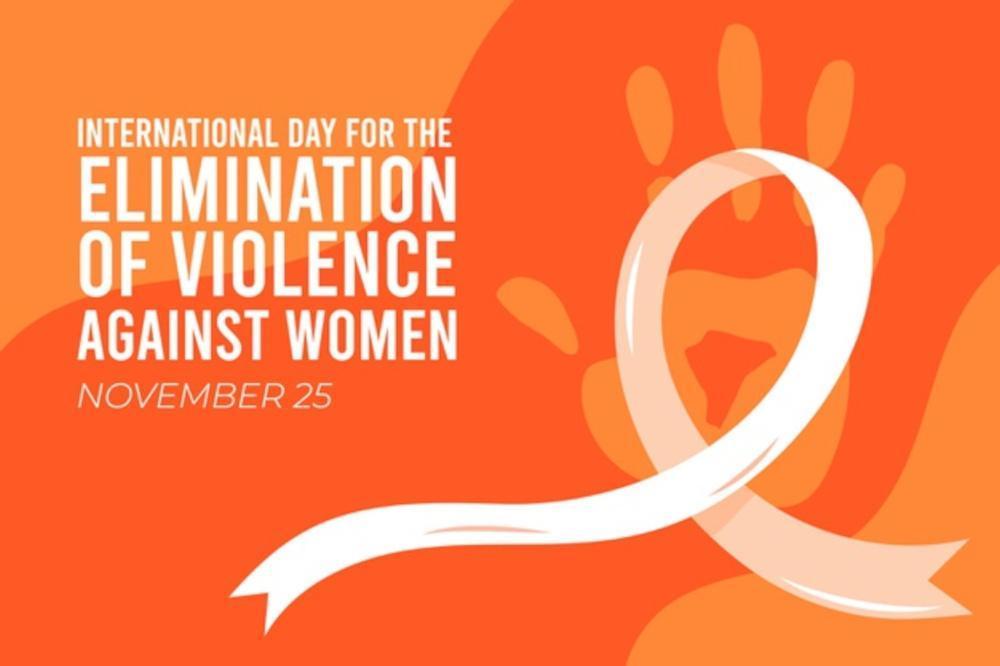International Day for the Elimination of Violence Against Women 2024 (GS Paper 2, Society)

Overview:
- November 25 is observed annually as the International Day for the Elimination of Violence Against Women.
- This day aims to raise global awareness and encourage actions to combat violence against women and girls.
- In 2024, the observance marks the 25th anniversary of the United Nations' official recognition of this day, which includes a UN Women-led campaign to launch a new report highlighting best practices for eliminating gender-based violence.
Significance of the Day
The day serves as a global call to action to tackle gender-based violence. Despite efforts to enact reforms and raise awareness, violence against women remains one of the most widespread human rights violations globally. This observance seeks to:
- Highlight the scale of the issue: Approximately one in three women globally experiences physical or sexual violence.
- Encourage legal reforms: Advocate for universal laws protecting women against domestic violence and rape.
- Promote public engagement: Support campaigns like the 16 Days of Activism to mobilize action against violence.
Historical Background
Origins in Activism:
- The observance began in 1981 by women’s rights activists to honor the Mirabal sisters—political activists from the Dominican Republic who were brutally murdered on November 25, 1960, by the Rafael Trujillo regime.
Key UN Resolutions:
- In 1993, the UN General Assembly adopted the Declaration on the Elimination of Violence Against Women (Resolution 48/104).
- On February 7, 2000, the UN officially designated November 25 as the International Day for the Elimination of Violence Against Women through Resolution 54/134.
Forms of Violence Against Women
The UN Declaration defines violence against women as any gender-based act causing physical, sexual, or psychological harm. Common forms include:
- Intimate Partner Violence: Marital rape, battering, femicide, and psychological abuse.
- Sexual Violence and Harassment: Rape, forced sexual acts, unwanted advances, and cyber-harassment.
- Human Trafficking: Exploitation and sexual slavery.
- Harmful Practices: Female Genital Mutilation (FGM) and Child Marriage.
Women in vulnerable communities (e.g., migrants, Indigenous groups, and those with disabilities) are at greater risk.
Current Global Status
Incomplete Legal Protections:
- 37 countries exempt rapists from prosecution if they marry their victims.
- 49 countries lack laws protecting women from domestic violence.
Impact of Violence:
- 140 women and girls are killed daily by family members.
- In 2023, over 51,100 women were victims of femicide, with intimate partners being the most common perpetrators.
Policy Gaps:
- Only two-thirds of countries globally have criminalized domestic violence.
UN Initiatives
UNiTE Campaign:
- Launched in 2008, it focuses on increasing awareness and resources to combat violence.
- It promotes activism beyond November 25 and designates the 25th of each month as Orange Day for awareness.
16 Days of Activism:
- Runs annually from November 25 to December 10 (International Human Rights Day).
- This campaign advocates for policies inspired by the Beijing Declaration and Platform for Action.
ACT Campaign:
- Aims to end violence through advocacy, coalition building, and transformative feminist action.
Crime Against Women in India (2022)
According to the National Crime Records Bureau (NCRB):
- 4,45,256 cases of crimes against women were registered, reflecting a 4% increase from 2021.
- Major crimes include:
- Cruelty by Husband or Relatives: 31.4%
- Kidnapping & Abduction: 19.2%
- Assault with Intent to Outrage Modesty: 18.7%
- Rape: 7.1%
This day highlights the urgent need for global and local actions to end violence against women and girls, ensuring safer, more equitable societies for all.

